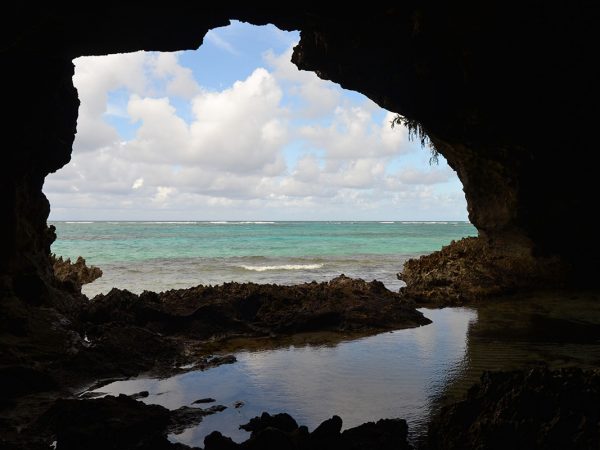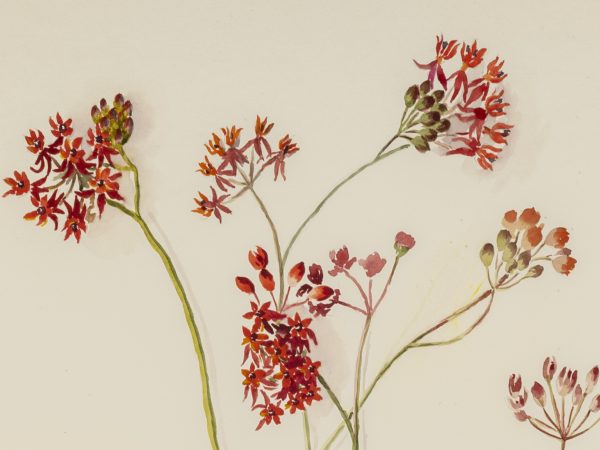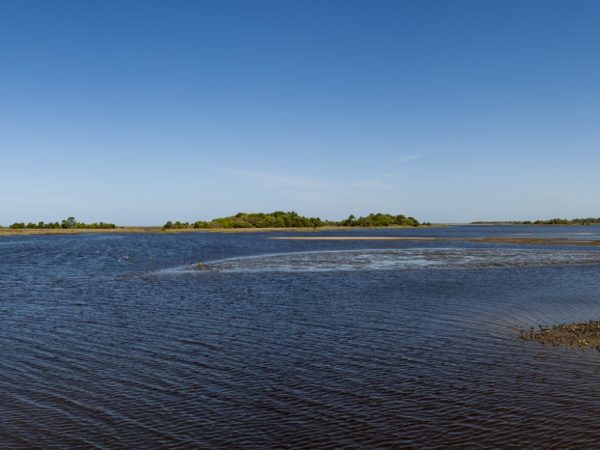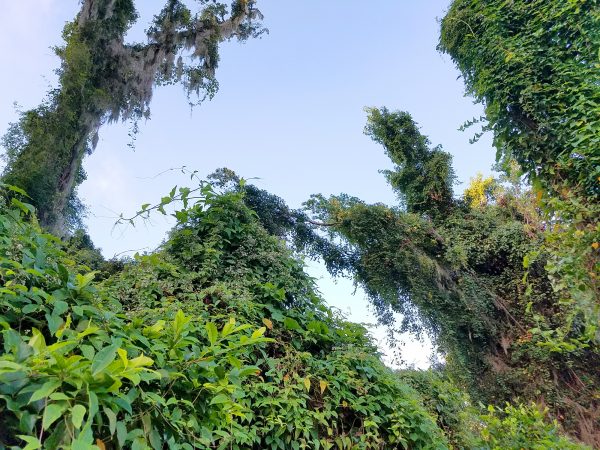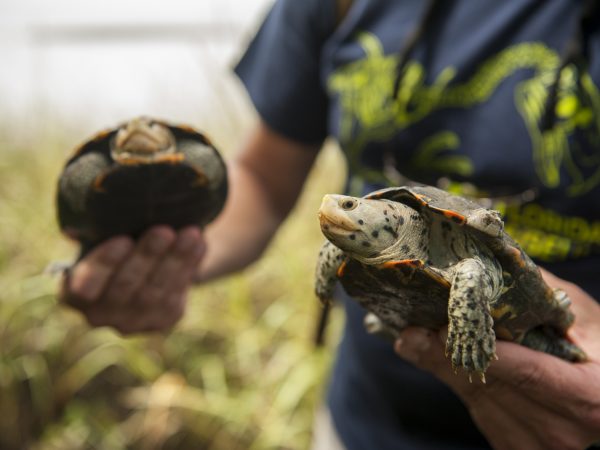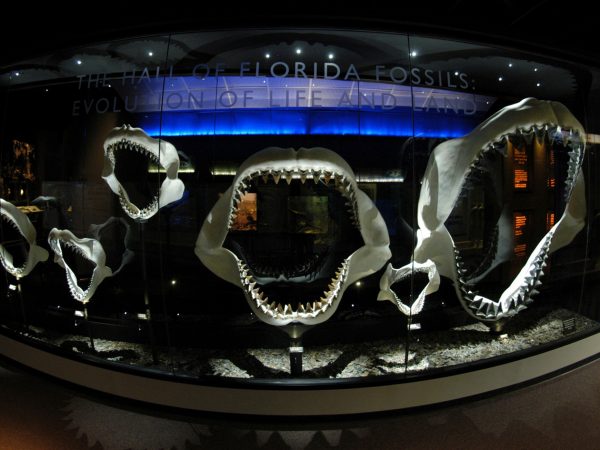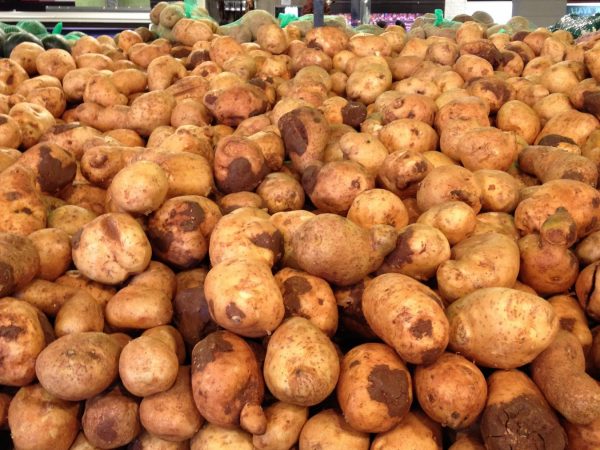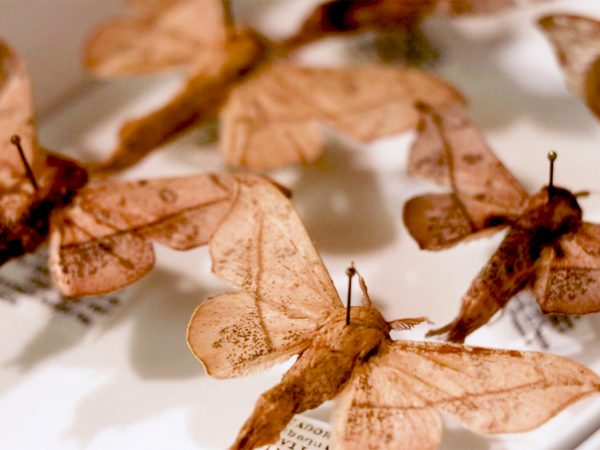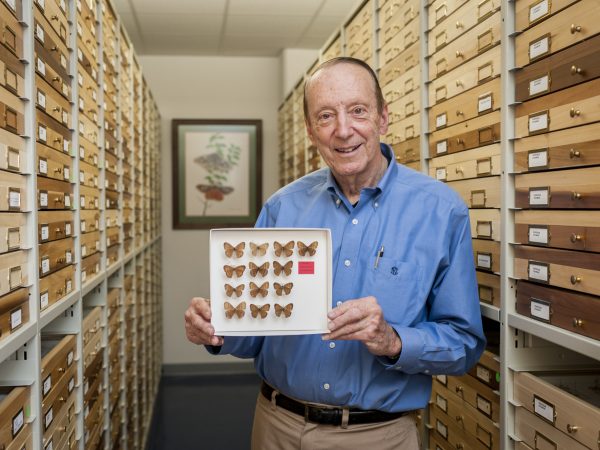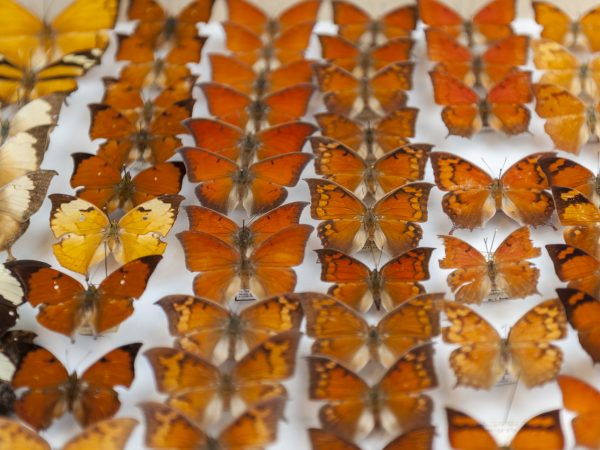Packing a suitcase for the future
As University of Florida archaeologist Bill Keegan studies the ancient Lucayan people, inhabitants of the Caribbean for hundreds of years,…
Read More
Forgotten for decades, rediscovered watercolor collection features hundreds of Florida plants
Botanist Mark Whitten was rummaging in an old drawer in the University of Florida Herbarium for tracing paper when he…
Read More
New Earth systems institute to communicate environmental issues to Floridians
The University of Florida has launched the Thompson Earth Systems Institute, an outreach-focused center that aims to advance public understanding…
Read More
Five Facts: Skunkvine in Florida
Skunkvine, Paederia foetida, is an aggressive, twining vine in the coffee family, or Rubiaceae. Plants produce multiple stems up to 35 feet…
Read More
Best way to learn about island biology? Live on an island
Mud in your shoes and a squirming turtle in hand may not sound like a typical college class, but for…
Read More
Five Facts: Megalodon
Carcharocles megalodon, often just called megalodon, was the largest shark to ever live in our oceans. But what do we…
Read More
Five Facts: Geophytes
Every day, without even realizing it, you come into contact with geophytes. By just walking around the grocery store, you…
Read More
Houses of silk, poop and plants: Meet the sack-bearer moths
Ryan St Laurent, a doctoral student at the Florida Museum’s McGuire Center for Lepidoptera and Biodiversity, studies an obscure, strange…
Read More
Butterfly expert Thomas Emmel has died
The Florida Museum is shocked and saddened by the passing of Thomas Emmel, our colleague and friend, who died over…
Read More
40 years of friendship, 70,000 specimens: Amateur entomologists donate lifetimes’ worth of butterflies and moths
As a 4-year-old, butterfly net in hand, Ed Knudson set out to catch insects in his neighborhood. Little did he…
Read More
